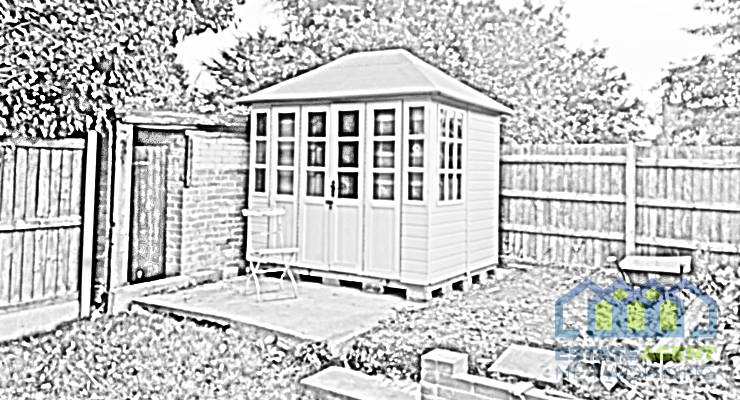The Home Buyer’s Checklist: Essential Actions Pre-Purchase
Embarking on the journey to homeownership can be equally exciting and daunting. Navigating the vast landscape of real estate, with its maze-like terminology and endless paperwork, may seem overwhelming, particularly for first-time home buyers.
Don’t fret! This comprehensive guide offers a clear path, simplifying the process and ensuring that you can move towards your dream home with confidence. This is your essential home buyer’s checklist, covering every critical action you need to take pre-purchase.
Understanding Your Financial Position
Before stepping foot into your potential new home, it’s crucial to have a clear understanding of your financial position. This is not merely about knowing your savings balance but also includes a comprehensive evaluation of your income, expenditure, credit score, and borrowing capacity.
Assess Your Budget: Start by taking a close look at your finances. Determine your budget, accounting for not only the purchase price but also additional costs such as legal fees, stamp duty, and moving costs.
Review Your Credit Score: Your credit score is one of the significant factors that mortgage lenders consider when deciding whether to lend and at what interest rate. Make sure you know your credit score and take steps to improve it if necessary.
Pre-approval for a Mortgage: Getting pre-approved for a mortgage will give you a clear idea of how much you can borrow and prove to sellers that you are a serious buyer.
Research and Planning
Once you’re clear on your financial standing, the next stage involves in-depth research and planning. This step entails deciding what you’re looking for in a property and researching potential neighbourhoods and housing markets.
Define Your ‘Must-Haves’ and ‘Nice-to-Haves’: Create a list of the essential features your new home should have. This list can include everything from the number of bedrooms and bathrooms to specific neighbourhoods or school districts.
Research Potential Areas: Investigate prospective neighbourhoods to ensure they offer the amenities, safety, and community vibe that you’re looking for.
Understand the Market: Stay informed about market trends, including house price movements and interest rates. This knowledge will help you gauge the value for money and negotiate effectively.
House Hunting
With a clear picture of what you’re looking for and your financial capacity, the house hunting can begin.
Work with a Reputable Estate Agent: A good estate agent can make the process of finding and buying a home much smoother. They can guide you through viewings, negotiations, and the complex legal process.
Attend Open Houses: Open houses give you an opportunity to assess potential homes in person and get a feel for the property and the neighbourhood.
Conduct Virtual Tours: With advancements in technology, many sellers offer virtual tours of their properties. These can be a time-efficient way to initially explore a wide range of homes.
Professional Checks
One of the most critical stages of home buying is conducting professional checks. This process ensures you’re making a wise investment and helps prevent unexpected issues further down the line.
Obtain a Professional Property Valuation: A valuation will determine the fair market value of the house, assisting you in making a reasonable offer.
Commission a Property Survey: A detailed property survey can identify potential structural issues that could become costly in the future.
Consider a Snagging Survey for New Builds: If you’re buying a newly built home, it’s advisable to hire a snagging company to identify any issues or defects that need to be fixed. Companies like https://www.snaggingcompany.com/ specialise in providing this service, ensuring your new home meets the standards you expect.
Legalities and Finalizing the Purchase
The final step in the process is dealing with the legalities and finalising the purchase.
Hire a Conveyancer or Solicitor: They will handle all the legal aspects of buying a home, including transferring the deeds, dealing with land registry, and managing contract negotiations.
Organise Home Insurance: It’s typically a condition of mortgage agreements that the property is insured from the date contracts are exchanged.
Exchange Contracts and Complete the Purchase: Once all checks are complete, and you are happy to proceed, contracts can be exchanged, and the purchase can be finalised.
The journey to homeownership can be complex, but breaking the process down into manageable steps can make it significantly more straightforward. By following this checklist, you can feel confident that you are making informed decisions every step of the way.









